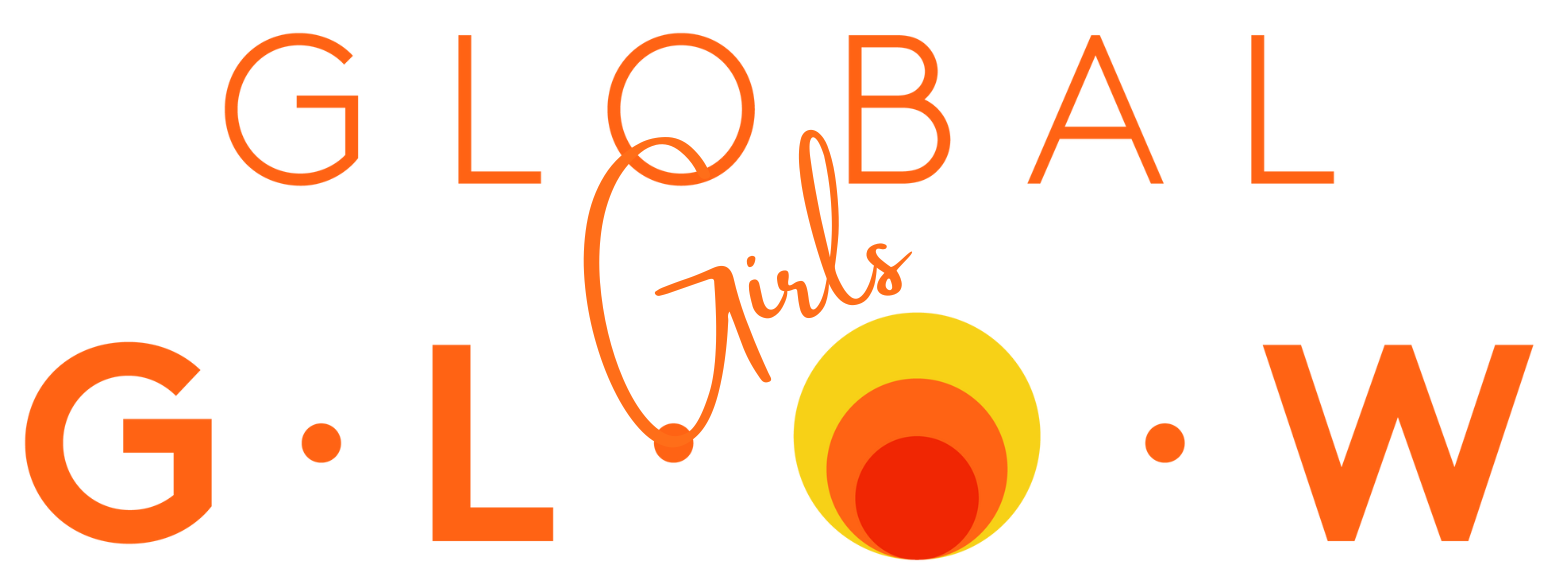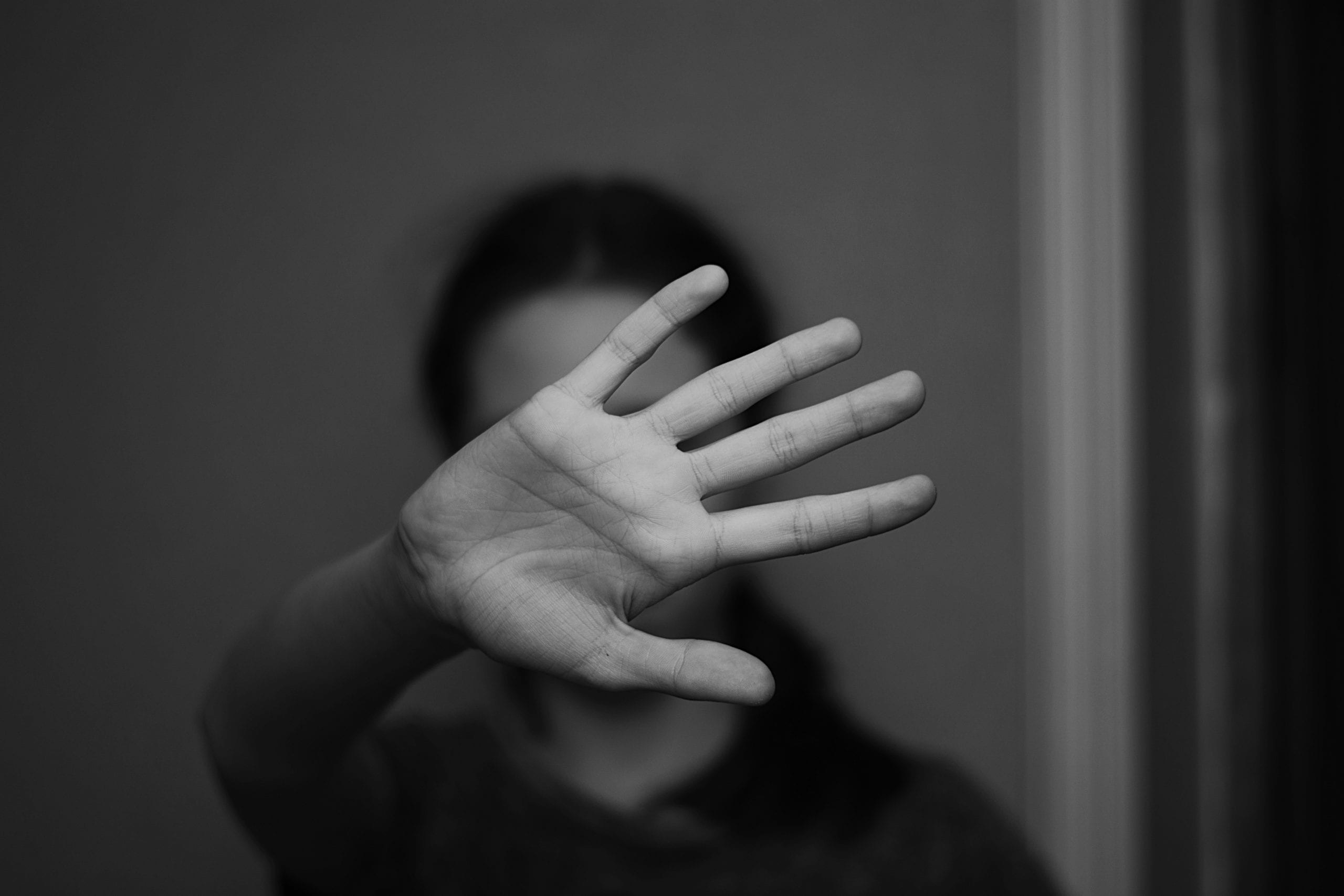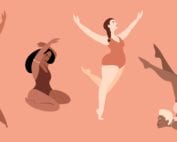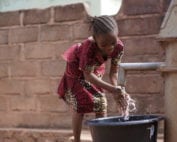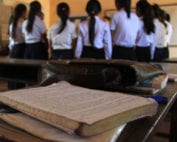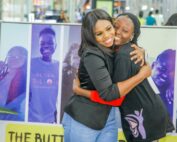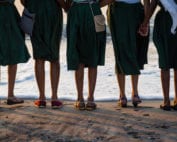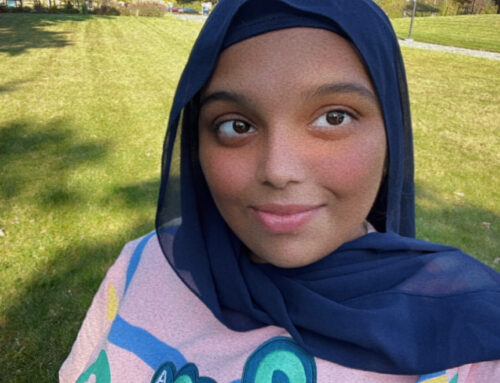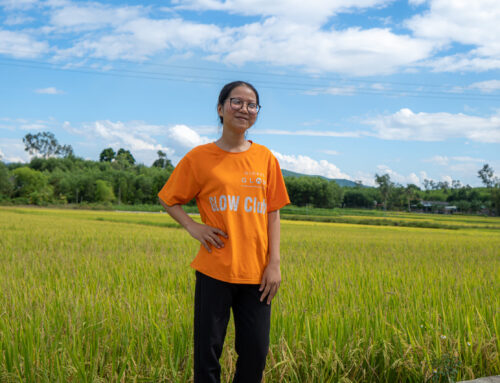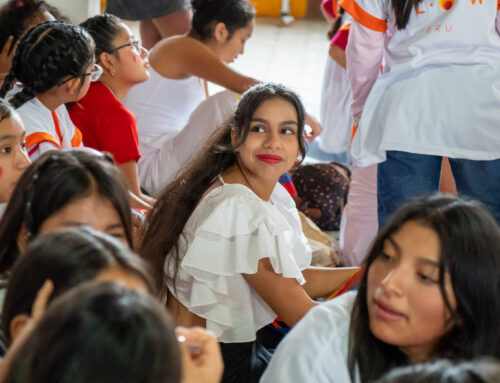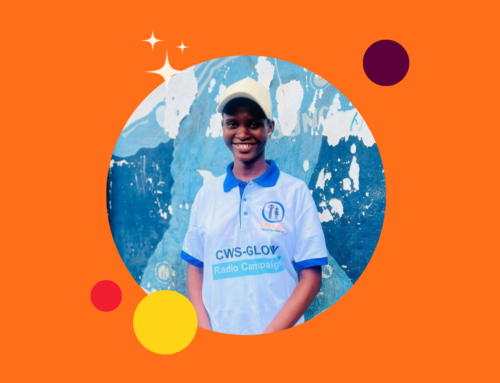End the Silence: Eliminating Violence Against Indigenous Girls and Women
November 25 is the International Day for the Elimination of Violence Against Women. We stand alongside our friends at the United Nations as we aim to Orange the World and prevent and eliminate violence against girls and women.
A somber reality facing the world today: A staggering one-in-three women will experience some form of physical or sexual violence in their lifetime, most frequently by an intimate partner (United Nations). And even more grim is the fact that these numbers have only intensified since the outbreak of COVID-19.
While gender-based violence can happen to anyone, some women and girls are particularly vulnerable, including members of the LGBTQ+ community, migrants and refugees and Indigenous women and ethnic minorities.
“Indigenous girls and women are disproportionately targeted by predators outside of their communities. 84% of Indigenous women will have experienced some form of violence within their lifetimes.” Rosalie Fish is a Native runner, a member of the Cowlitz Tribe of Southwest Washington and a fierce advocate for Indigenous girls and women.
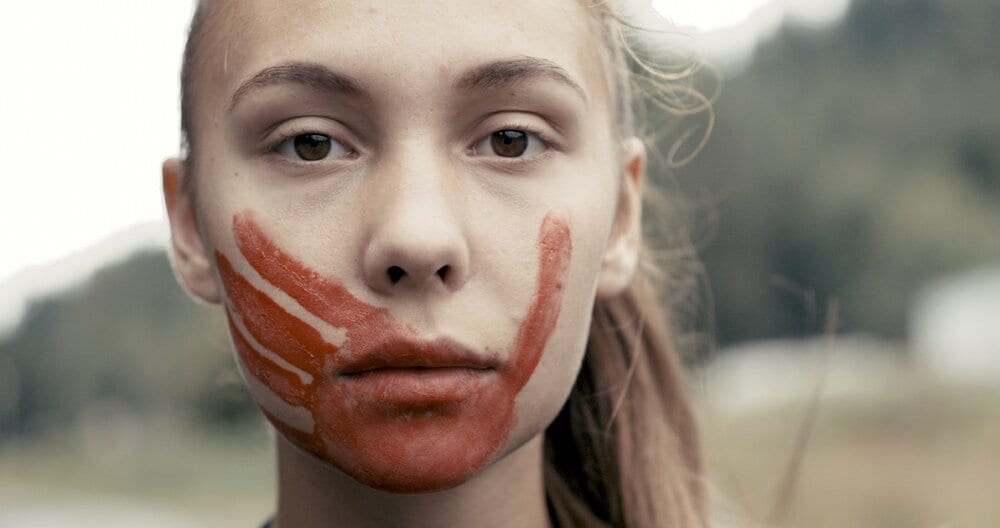
Photo Credit: Powerful Ladies
Rosalie first gained notoriety when she competed in the small-school state track and field meet in Washington with a bright red handprint over her mouth to raise awareness for Missing and Murdered Indigenous Women (MMIW). Since then, she’s dedicated her platform as an athlete to raising awareness towards the Missing and Murdered Indigenous Women Epidemic.
“This issue is often overlooked in the social justice community. Indigenous peoples have been subject to oppression and erasure, which is why it is important that I speak for the Indigenous women that have been silenced through violence.”
Indigenous girls and women will face murder rates more than ten times the national average. In the United States, murder is the third-leading cause of death among Native women. In Canada, Native women are four times as likely to be murdered than non-Native women.
“The incidence of violence against Native women is only increasing in the midst of the COVID-19 pandemic,” says Fish. “Since the lockdowns, structural safety nets established throughout various tribes have been temporarily suspended. Unfortunately, many women and girls including Indigenous girls have lost access to valuable public resources that help ensure their safety.”
Take Action to End Violence Against Native Girls and Women
Non-native people can be allies to Indigenous girls and women by amplifying the voices of Indigenous advocates and by supporting Indigenous representation. Non-native allies can also confront cultural appropriation, prejudice, and stereotypes when they see them – a step that is especially important during the month of November as cultural appropriation is most prevalent around the Thanksgiving holiday.
November is Native American Heritage Month, the perfect opportunity to celebrate Native girls and women and support their representation. “This November, I am celebrating Jordan Marie Daniel. Jordan Marie Daniel is the Lakota marathon runner who has guided both my running and my advocacy,” says Fish. “I also recognize November as the month to acknowledge the women that push me to continue work for MMIW everyday- the Indigenous women in my family- such as my grandma, mother, sisters, cousins, and aunties. These women are the continuous reminders as to what’s at stake when Indigenous women continue to be targeted.”
“My wish for Indigenous girls and women is for us to live in a world where we are celebrated, empowered, and in places of leadership. My wish is for Indigenous girls to have a seat at the table of their own fate.”
Organizations doing important work for Indigenous girls and women include Saving Sovereignty and the Coalition to Stop Violence Against Native Women.
